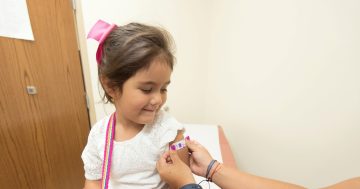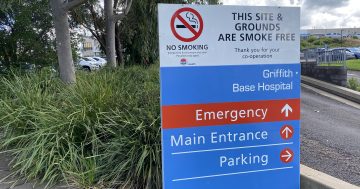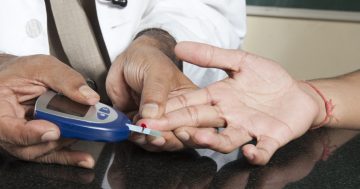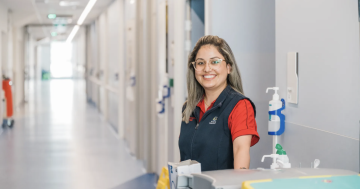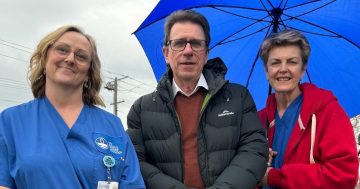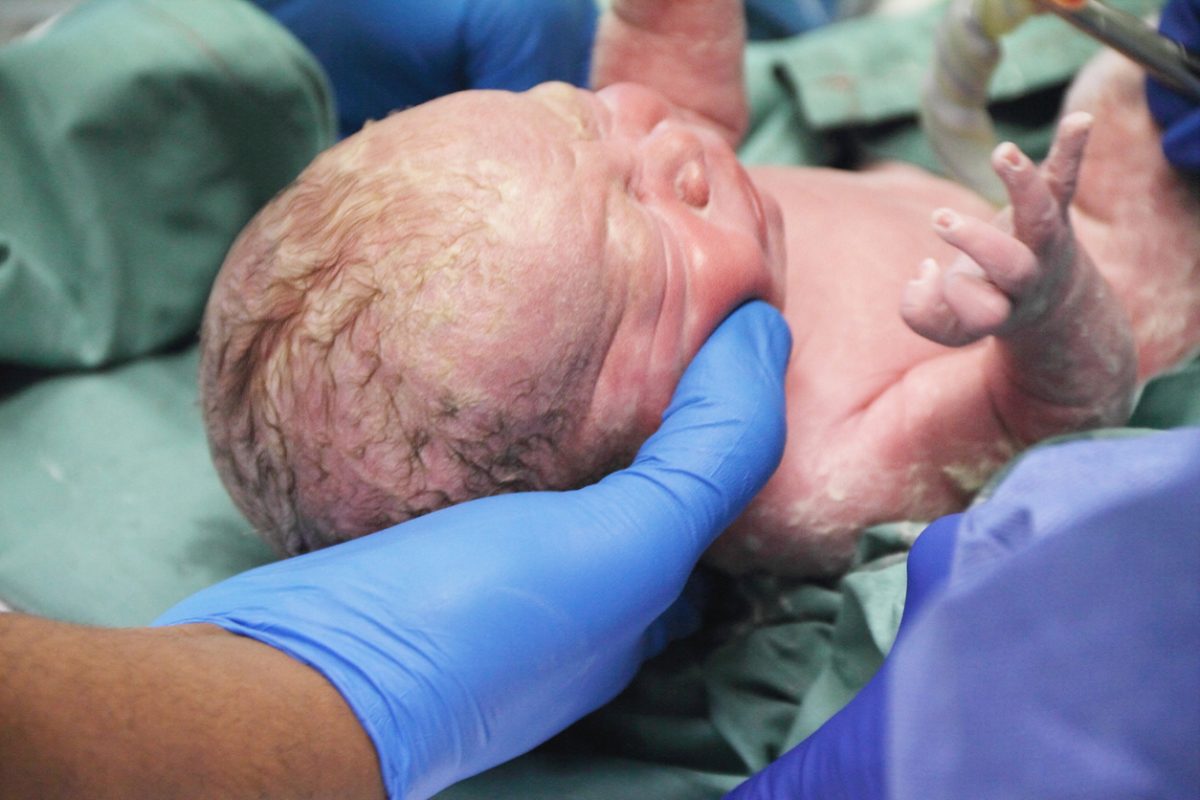
“It is crucial that action is taken to attract and retain the best and brightest to work in our hospitals and clinics,” said Minister for Health, Mental Health and Ambulance Services Shannon Fentiman. Photo: File.
In the middle of an ongoing skilled workforce crisis, the Palaszczuk Government has announced a variety of short- and long-term aids for the state’s healthcare services. Consultation is reportedly set to begin on its 2032 Workforce Strategy, which among the changes introduces a new incentive encouraging general practitioners to study obstetrics and anaesthetics.
$7 million will be used to fund a trial enabling trainee doctors to work in private GP clinics, with Queensland Health expected to afford them high wages and good conditions as their employer. Interstate and overseas health workers will be able to engage with a scheme offering them up to $70,000, by working in the sector in roles such as a junior doctor, visiting medical officer or general practitioner (GP).
“The initiatives announced today target key areas, from building the capabilities of our local workforce to drawing on the talents of international experts, supporting young people to enter the health sector and planning long term for future challenges and opportunities,” said Minister for Health, Mental Health and Ambulance Services Shannon Fentiman.
The state has been experiencing this crisis for some time. Especially outside of the southeastern corner, where there are reports of people in the regions travelling hundreds of kilometres for serious healthcare needs. Unfortunately the issue is not unique to Queensland, but the ‘single employer model’ for GP registrar training is showing promise throughout some other states where it’s been trialled.
Inspired by Dr Paul Mara’s model, which he used in his own Gundagai practice, the new pathway will allow GPs to receive pay, benefits and job security as employees of the Government’s health service throughout their training at a private clinic.
“This will help deliver a skilled and sustainable workforce so Queenslanders can continue to access world-class healthcare, no matter where they live,” said Minister Fentiman.
“Experience shows that doctors who complete their training in regional areas are more likely to stay there, which is why our work with the Commonwealth on trialling the single employer model is so crucial, and I want to thank groups like the RDAQ [Rural Doctors Association of Queensland] for advocating for this move.”
Halfway through last year in the state’s centre, 62,000 people living in the city of Gladstone did not have a local fully functioning birthing service. With the hope of avoiding more situations like this in the future, the Palaszczuk Government will give a maximum of 50 GPs per year $40,000 if they study and work for the state’s services in obstetrics or anaesthetics.
“Every single Queensland woman should be able to give birth in her local community, and that is why we are incentivising GPs to undertake a diploma or advanced diploma in obstetrics or anaesthetics,” said Minister Fentiman.
On top of this issue is the poaching of specialist doctors by other services in the sector, which Minister Fentiman said was due to the “significant demand worldwide” for health professionals. To help resolve this issue the Government is expanding its Workforce Attraction Incentive Transfer Scheme, which the Minister said had been “critical” in bringing even more clinicians to the state.
The scheme pays interstate and overseas workers up to $70,000 to live and work in any role within regional and remote communities for a year, longer, or on a permanent basis. So far it has accepted more than 50 people to work as clinicians for the state from places such as the UK, Bahrain and Germany.
“Our Workforce Attraction Incentive Transfer Scheme has been critical in helping to secure skilled health workers, including nurses, psychologists, microbiologists, anaesthetists, renal specialists, emergency care specialists, and midwives,” said Minister Fentiman.
“It is why other jurisdictions are following our lead and why the Palaszczuk Government is expanding eligibility requirements to entice even more health professionals.”
Aside from the long-term resolutions to be decided on through the consultations on the 2032 Workforce Strategy, the Government is investing $1m into the youth recruitment campaign #GoHealth. Through social and traditional media it will try to get the younger generations interested in careers within the public health sector. And to complement the investment, from 2024 the state’s youth can enrol in 13 free health courses at TAFE such as a Diploma of Nursing. The First Nations Deadly Start school-based traineeship program is also expanding its intake from 200 to 400 places.


